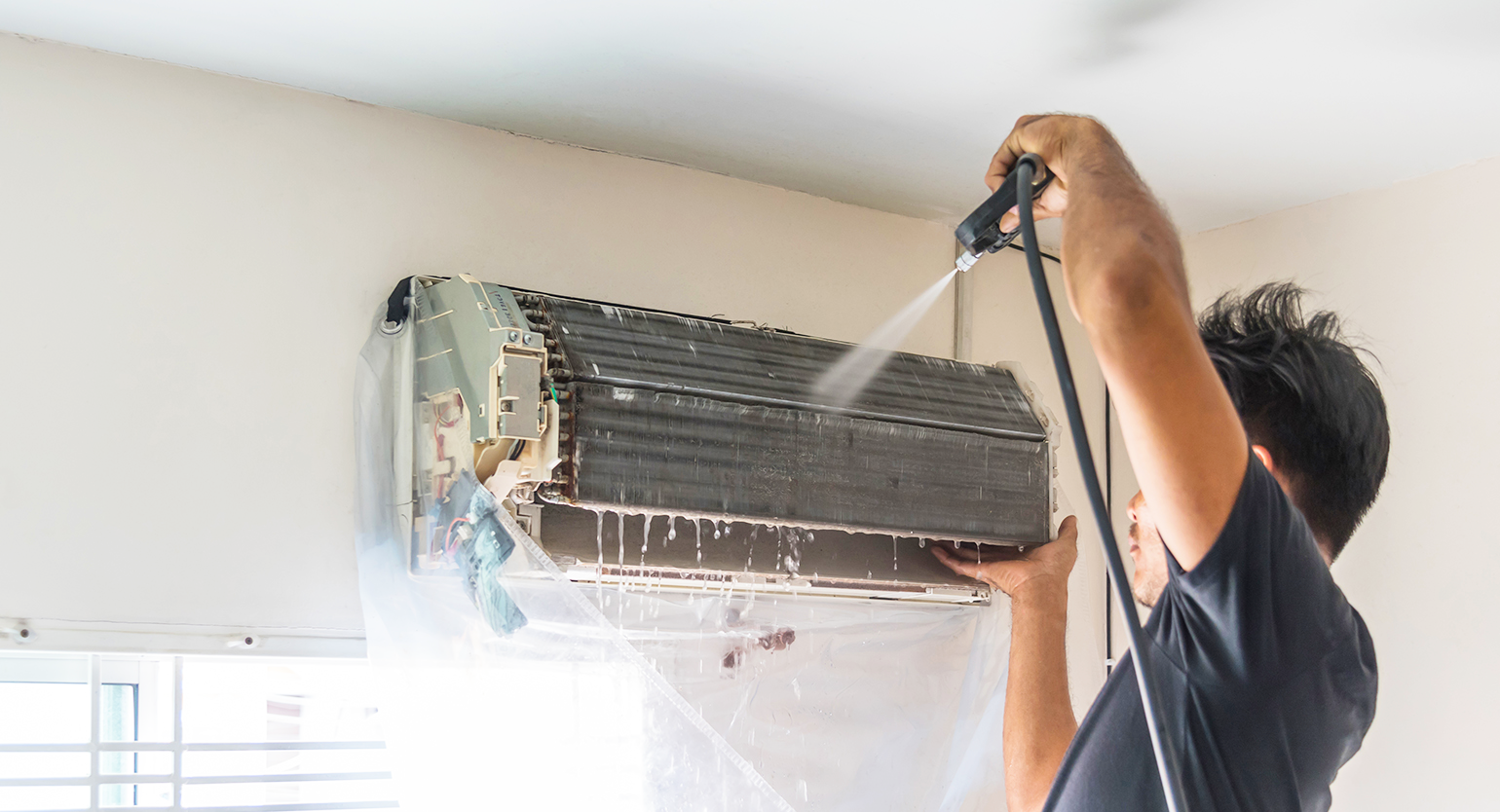Air conditioning has become an essential part of modern life, providing comfort in hot and humid weather. However, while it helps maintain a comfortable indoor temperature, it also has a significant impact on indoor air quality and, consequently, our health. In this blog, we’ll explore the relationship between air conditioning and indoor air quality, discussing both the potential benefits and drawbacks associated with the use of these systems Ducted Air Conditioning Sydney.
Benefits of Air Conditioning on Indoor Air Quality
- Temperature Regulation: The primary function of air conditioning is to regulate indoor temperature. Maintaining a comfortable temperature can help prevent heat-related health issues, such as heat exhaustion and heat stroke. It also promotes better sleep and productivity.
- Humidity Control: Air conditioners often have dehumidifying capabilities, reducing excess moisture in the air. This can be particularly beneficial in preventing mold growth, which thrives in damp environments. Lower humidity also discourages the proliferation of dust mites, which are common allergens.
- Improved Air Filtration: Many modern air conditioning systems are equipped with air filters that can remove various contaminants from the air, including dust, pollen, pet dander, and some pollutants. This leads to a reduction in indoor air pollution, which can benefit people with allergies and respiratory conditions.
Drawbacks of Air Conditioning on Indoor Air Quality
- Recirculation of Contaminants: While air filters in air conditioning systems can help improve indoor air quality, they are not always able to filter out all pollutants. In some cases, the system can recirculate contaminants, leading to a buildup of indoor air pollution.
- Poor Maintenance: Neglected air conditioning systems can become breeding grounds for bacteria, mold, and fungi. Dirty filters, ducts, and cooling coils can spread allergens and potentially harmful microorganisms throughout your home. Regular maintenance is crucial to prevent this issue.
- Dry Air and Respiratory Problems: Overly aggressive dehumidification can lead to excessively dry indoor air, which can cause respiratory issues such as dry throat, irritated eyes, and aggravated allergies. Finding a balance between humidity levels is essential for a healthy indoor environment.
- Energy Efficiency Concerns: Running air conditioning units continuously or at extremely low temperatures can consume a significant amount of energy. This not only affects your energy bills but also contributes to environmental issues, which can indirectly impact public health.
Tips for Maintaining Good Indoor Air Quality with Air Conditioning
- Regular Maintenance: Schedule routine maintenance for your air conditioning system to ensure it operates efficiently and does not contribute to indoor air pollution. Change or clean filters as recommended by the manufacturer.
- Balance Humidity: Use a humidifier or dehumidifier to maintain an optimal indoor humidity level, generally between 30% and 50%. This will help prevent both excessively dry and excessively damp conditions.
- Ventilation: Ensure your home has proper ventilation to allow fresh outdoor air to circulate indoors. Opening windows and doors when outdoor air quality is good can help dilute indoor pollutants.
- Choose the Right System: When installing or upgrading your air conditioning system, consider models with advanced filtration and purification features. HEPA filters and UV germicidal lights can be highly effective in improving indoor air quality.
Conclusion
Air conditioning has a substantial impact on indoor air quality and health, both positive and negative. While it helps regulate temperature and can contribute to better air quality through filtration and humidity control, it also poses potential risks, particularly if the system is not properly maintained. By understanding the relationship between air conditioning and indoor air quality, and by taking steps to mitigate potential issues, you can create a healthier and more comfortable living environment for yourself and your family. Balancing the benefits of air conditioning with good indoor air quality is the key to reaping its advantages while minimizing its drawbacks.
